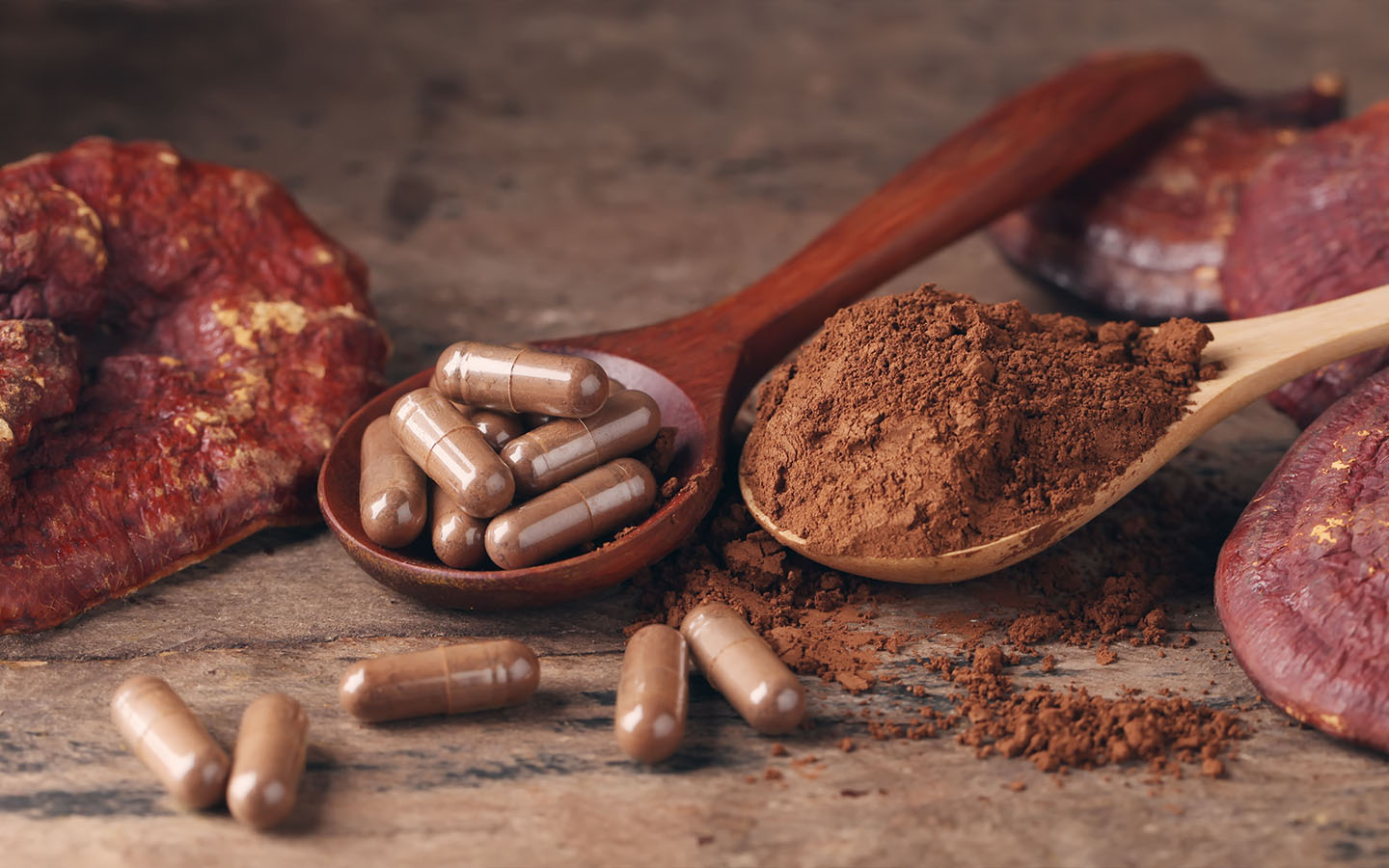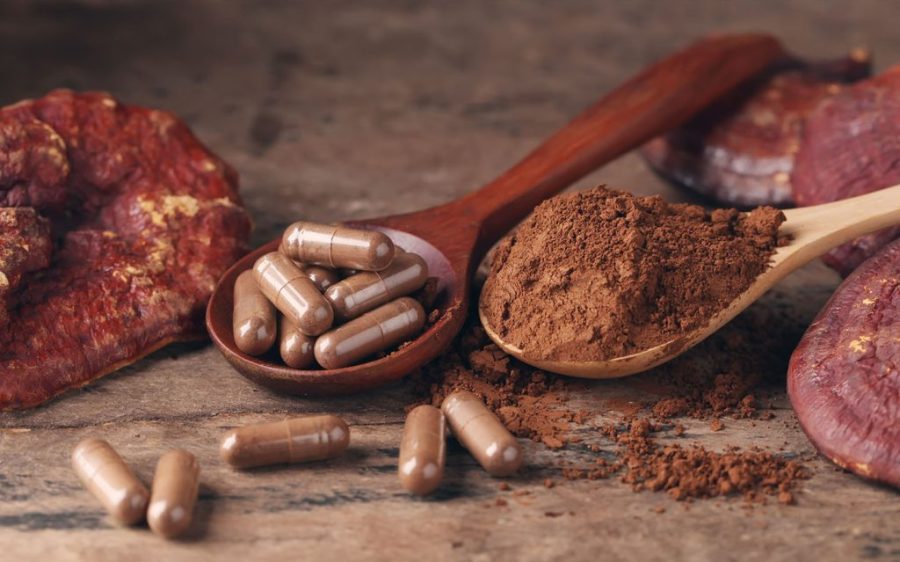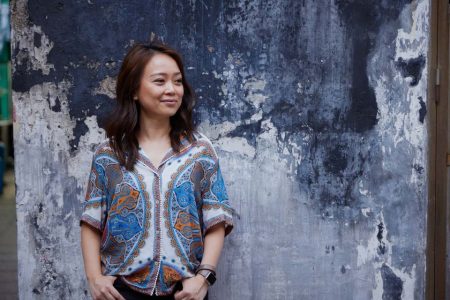The Chinese government is making it easier for Macao-made traditional Chinese medicine (TCM) to be registered in the mainland market.
According to a statement issued by the National Medical Products Administration (NMPA) on Monday, China’s central government is streamlining the inspection process for TCM products that are taken orally – for example, products similar to a capsule that treats the flu using TCM ingredients such as honeysuckle and weeping forsythia.
These products must be registered in Macao and have been in the local market for at least 15 years. Their manufacturing processes must also fulfil China’s Good Manufacturing Practice (GMP) regulations, which sets standards for its pharmaceuticals industry.
The streamlined regulations are expected to boost the development of Macao’s TCM industry as well as the territory’s integration into China’s national development. The NMPA’s measures also apply to corresponding products from Hong Kong.
Yesterday, the local Pharmaceutical Administration Bureau (known by its Portuguese initials ISAF) issued a statement stating it would support eligible companies to help local enterprises expand into the mainland.
[See more: UM will build its Hengqin medical school with support from the University of Lisbon]
While gambling remains the lifeblood of Macao’s economy, the local government has set its sights on developing other industries, including TCM.
Key to these diversification plans is the neighbouring mainland island of Hengqin, which serves as a base for numerous Macao-backed TCM companies. It is also home to the Traditional Chinese Medicine Science and Technology Industrial Park, which was established in 2011 and houses 71 Macao-funded businesses.
The island also houses the University of Macau’s research and development centre for Chinese medicine and translational medicine, and is slated to open a medical school in 2028.






